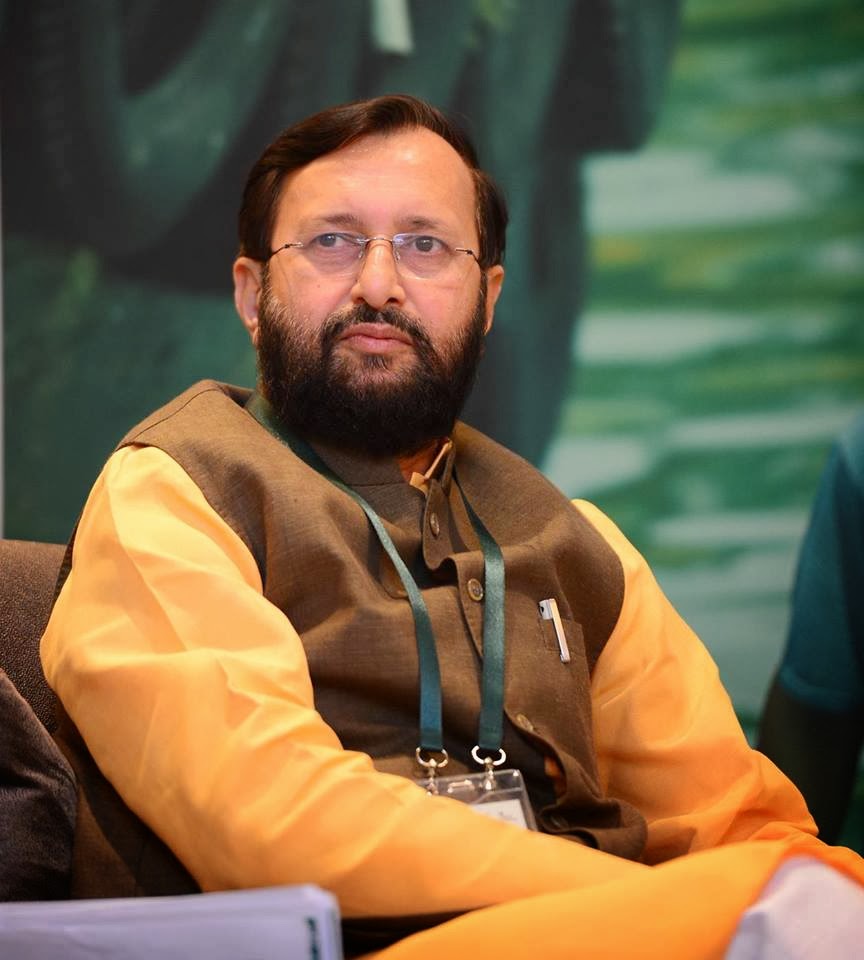Human Resource Development Minister Prakash Javadekar announced on Sunday, that the reservation for the newly developed category of the Economically Weaker section under the general category is likely to be functional or implemented to all private institutions from the new academic session starting July. The Central Government is all set to introduce the bill in the upcoming budget session of Parliament to implement the newest decision.
However, the government may not take the legislative route to implement the newly announced 10% cent quota for the Economically Weaker Sections (EWS) of the general category in central educational institutions. Sources said it will be introduced through an executive order this week.
Javadekar also clarified that the reserved seats for SC, ST’s won’t be affected and more seats will be introduced in order to accommodate the newly formed category students.
“Under the 124th Constitutional amendment, the HRD Ministry has decided that from this year itself the quota for EWS category will be applicable. While implementing this, we will ensure that reservation for SCs, STs, and OBCs does not get affected. Hence, there will be more seats,” Javadekar told reporters Tuesday.
When asked about the income criteria for the quota Javadekar confirmed “a person whose family has a gross annual income below Rs 8 lakh will be identified as a beneficiary under the new quota. The family includes “the person who seeks the benefit of reservation, his/ her parents, siblings below the age of 18 years, his/ her spouse, and children below the age of 18 years”.
Currently, the annual intake of central institutions — including institutes of national importance such as IITs, NITs, and IIMs, central universities, central open university, colleges and government, and government-aided deemed universities — is 9.28 lakh seats.
Moreover, the institutions are asked to increase their 25% intake in order to maintain the earlier reservations and accommodate the newly category students to avoid inconvenience.
With the decision on increasing intake comes the increased cost, which, by the government, is estimated to be ₹4000 crore.
Govt. Officials also informed that this decision might assemble both Houses of Parliament since the 93rd Constitutional Amendment which involved quota for SC, ST’s was implemented under the UPA regime.
According to AICTE chairman Anil Sahasrabuddhe, a majority of its recognized private institutes provide reservation for students as directed by the state they are located in
“With the exception of Rajasthan and West Bengal, almost all state governments make it mandatory for technical institutes and colleges to provide reservation for SC, ST, and OBC students,” Sahasrabuddhe said.
However, there are still many who don’t provide reservation. “We are yet to work out the details of how the private sector should implement reservation. In all probability, we will leave it to them and ask them to put up their action plan (for implementation) on their websites,” said a Ministry official, who did not wish to be identified.
This decision also made private institutions cautious towards providing reservations.
“This (reservation in private educational institutions) requires a legal process to be followed. The Centre will have to pass a law and then the state assemblies will have to do the same. If the government follows the legal process, we (private institutions) will follow it,” said H Chaturvedi, director of Birla Institute of Management Technology (BIMTECH), a business school in Noida.

